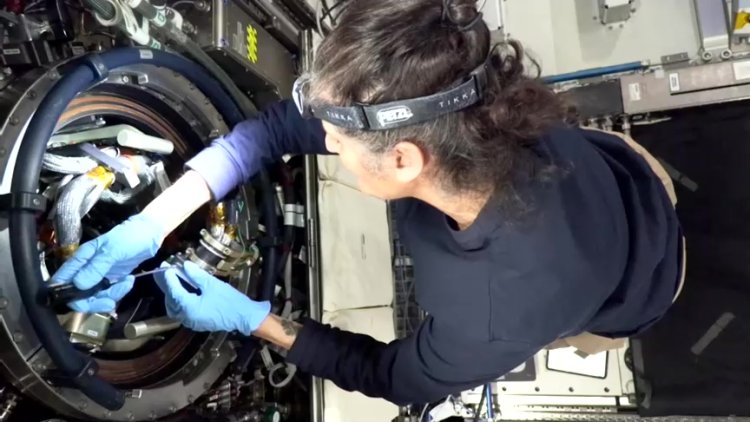Spaceflight's impact on human health

The human body was not built for the rigors of spaceflight, with its microgravity conditions, exposure to high-energy radiation, and other challenges. As a result, venturing beyond Earth's confines causes significant physiological changes that can profoundly impact an astronaut's health.
Gravity plays a critical role in regulating bodily functions, and its absence triggers widespread adaptations. Without gravity, bodily fluids shift upward, leading to facial swelling and increased intracranial pressure, which can affect vision. The lack of mechanical loading on bones and muscles leads to bone density loss and muscle atrophy. The cardiovascular system also undergoes major changes, including difficulty regulating blood pressure upon return to Earth.
Prolonged exposure to microgravity conditions can also affect vestibular function, causing balance and coordination issues. Additionally, the psychological stress of living in confined and isolated environments with limited social interaction and natural stimuli can lead to sleep disturbances, cognitive performance declines, and mood disorders.
The effects of spaceflight on human health are not fully understood, and researchers are actively working to develop countermeasures. Recent studies have revealed changes in the brain, heart, muscles, kidneys, skin, immune regulation, and mitochondrial activity among astronauts who participated in short-duration missions. Researchers also found that all but two of the 24 astronauts studied reported experiencing headaches in space.
One significant knowledge gap is how spaceflight affects human reproduction and fetal development, which is crucial as humanity considers future space colonization efforts. The complete implications for human fertility, embryonic development, and long-term space habitation spanning generations remain unknown.
As space exploration continues to push the boundaries, understanding the physiological and psychological challenges faced by astronauts is crucial for ensuring their well-being and the success of future missions.















